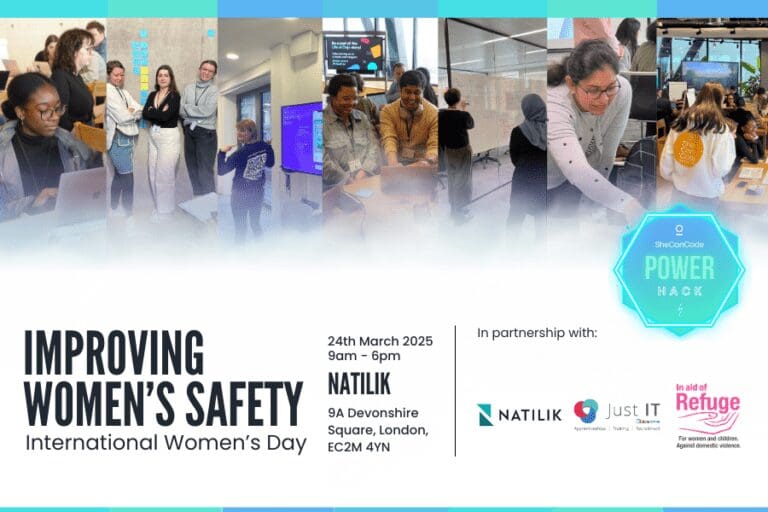Code security and quality are paramount in software development.
GitHub‘s CodeQL is a powerful static code analysis tool that helps identify vulnerabilities and improve the overall quality of your code. By harnessing the capabilities of CodeQL, developers can proactively identify and fix security flaws, prevent potential exploits, and ensure a higher level of code reliability. In this article, we will explore the fundamentals of getting started with GitHub’s CodeQL and leveraging its potential to enhance code security and quality.
What is CodeQL?
CodeQL is a semantic code analysis engine developed by GitHub. It enables developers to write queries in a specialized language to analyze codebases for security vulnerabilities, bugs, and other code quality issues. CodeQL supports a broad spectrum of programming languages, including C/C++, Java, JavaScript, Python, and more. For those exploring free coding resources, tools like CodeQL offer valuable insights and assistance in improving code quality.
Getting Started with CodeQL
Step 1: Set Up CodeQL
- Create a GitHub account: If you don’t already have one, sign up for a GitHub account at github.com.
- Install CodeQL tools: CodeQL tools are available as part of the GitHub CodeQL Action. Install the CodeQL extension in your code editor of choice, such as Visual Studio Code or Eclipse.
- Set up a CodeQL project: Create a new repository or select an existing one in GitHub to set up your CodeQL project.
Step 2: CodeQL Query Basics
- Learn the CodeQL query language: CodeQL uses a specialized query language called QL, which allows you to define patterns and rules to analyze code. Familiarize yourself with the CodeQL query language by exploring the CodeQL documentation and example queries provided by GitHub.
- Understand the CodeQL database: CodeQL analyzes code using a database that represents the codebase. The database is generated by compiling your code and running CodeQL extractors. Learn how to build and update the database using the CodeQL CLI or GitHub Actions.
Step 3: Analyzing Code with CodeQL
- Write CodeQL queries: Start writing your own CodeQL queries to analyze your code. Use the CodeQL documentation and examples as references to understand the query language syntax and available predicates.
- Run CodeQL analysis: Use the CodeQL CLI or integrate CodeQL into your CI/CD pipeline using GitHub Actions to run the analysis. This enables you to automate the code analysis process and receive feedback on code quality and security vulnerabilities.
- Review and fix identified issues: CodeQL analysis generates results highlighting code vulnerabilities, bugs, or quality issues. Review the results and prioritize fixing the identified issues. Iterate on your codebase, running CodeQL analysis regularly to ensure continuous improvement.
Step 4: Collaborate and Share CodeQL Queries
- Leverage the CodeQL community: GitHub has an active community of developers using CodeQL. Engage with the community by sharing your CodeQL queries, discussing best practices, and seeking assistance with complex queries.
- Contribute to the CodeQL open-source database: GitHub maintains an open-source database of CodeQL queries for various programming languages and frameworks. Contribute your own queries or improve existing ones to benefit the wider developer community.
GitHub’s CodeQL provides a robust framework for enhancing code security and quality by enabling static code analysis. By investing time in understanding the CodeQL query language and integrating it into your development workflow, you can proactively identify and address vulnerabilities, bugs, and other code quality issues. Leverage the power of CodeQL to ensure the reliability, security, and maintainability of your codebase. As you gain more experience and explore advanced CodeQL features, you will contribute to a more secure and efficient software development process.








